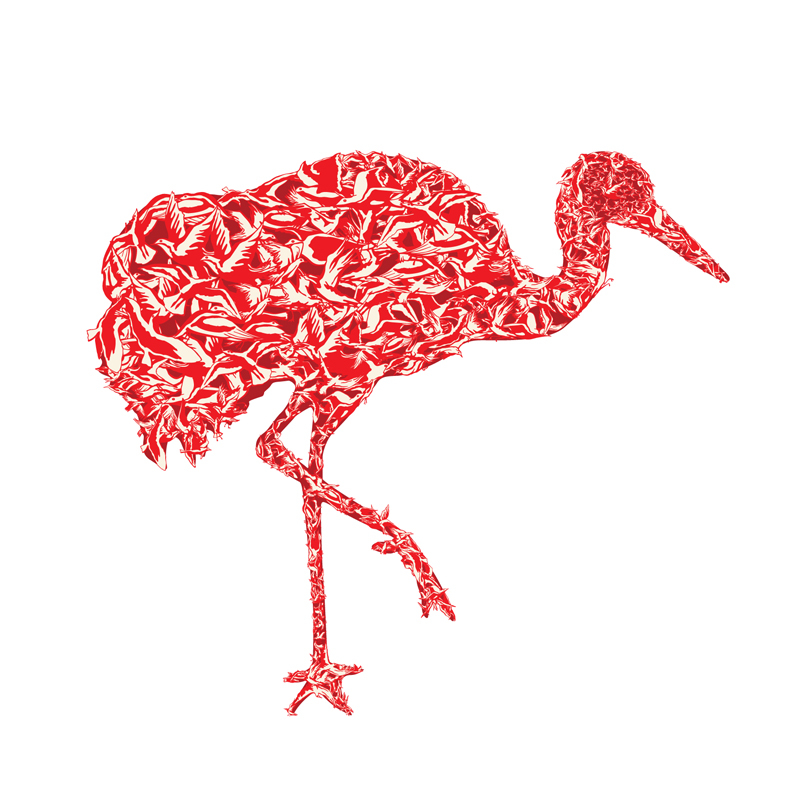Q&A WITH CINDY BAILEY
Co-Author of The Fertile Kitchen Cookbook®
Question: How did the idea for The Fertile Kitchen Cookbook® come about?
Answer: This book came out of our own experience. After trying to conceive for over a year, we visited a fertility specialist who gave us a 2% chance of conceiving on our own. Of course, I was devastated, but at the same time I refused to accept his grim prognosis. It was simply unacceptable to me that I don’t get to have a child, so I did a lot of research and put myself on a fertility friendly diet, among other healing regimens, such as yoga and meditation. Four months later, after I turned 40 years old, my husband and I conceived – naturally. During that time, what made the restrictive diet so much easier to follow was my husband Pierre’s cooking. He created a wide variety of dishes that were simple to make, yet full of flavor (you can’t tell these dishes contain no wheat, sugar or dairy!). Having those recipes kept us from getting bored and giving up. It made the diet easier to follow and helped us stick with it. Plus, it was a project we could do together, and we both felt empowered by the process. Naturally, we wanted to share what we learned and all the recipes with others in hopes that it might help them in the way it helped us.
Question: What is the goal or message of your cookbook?
Answer: Our goal is to spread the message that, yes, you absolutely can make a difference in your own fertility through diet and nutrition. And through our book, we aim to empower women and couples to do so.
Also, because we know first-hand how overwhelming and stressful going through fertility issues can be, we designed our book to be easy to use in every way. Dietary guidelines are painless to follow and recipes are simple, yet flavorful, to make.
Question: Are there specific foods women should avoid while trying to conceive?
Answer: Yes – any foods or drinks that overly tax or stress our bodies. These include overly processed foods, trans fat, processed sugar and artificial sweeteners. Dairy and wheat products should also be avoided or, even better, eliminated, because they are hard to digest. Also, many women have a sensitivity, intolerance or outright allergy to dairy or wheat, creating a lot of inflammation in the body and making them especially hard on digestion (as well as the body). We want to create less work for digestion so our body’s energy can be applied elsewhere, such as to our reproductive system, for healing and growth.
You also want to avoid alcohol, caffeine, sodas, coffee, iced or cold beverages (stick with foods closer to your body temperature), and fruit juices (too much concentrated sugar, although whole fruits are great).
Question: What types of recipes do you feature in your book?
Answer: We feature a variety of ethnically diverse recipes that are all simple to make. Women and couples struggling with fertility issues are often already overwhelmed. We didn’t want them to feel changing their diet would be another burden. We wanted them to enjoy flavorful dishes so they wouldn’t notice too much that they were on a diet. We feature recipes for vegetables, beans, rice and grains, meat, seafood, soups and salads, sides and sauces and breakfast dishes. We only feature a couple of desserts, as processed sugar is not allowed. Favorite dishes include: Vietnamese Chicken Noodle Soup, Chicken with Portobello Mushrooms, Lamb Stew, Spicy Garbanzo Beans, Crepes Salée, Chile Con Carne (healthy version) and more. All are easy to make.
ABOUT THE AUTHOR
As a former athlete, Cindy Bailey has a passion for good health and nutrition, and a commitment to helping others find natural, holistic ways of healing. In addition to giving workshops and talks on Eating and Fertility, she is a professional member of RESOLVE, the national infertility organization, and is on the Advisory Board for the International Academy of Baby Planner Professionals (IABPP). Her fertility story has aired nationally on NBC and CBS.
www.fertilekitchen.com - @fertilektichen - facebook.com/fertilekitchen








